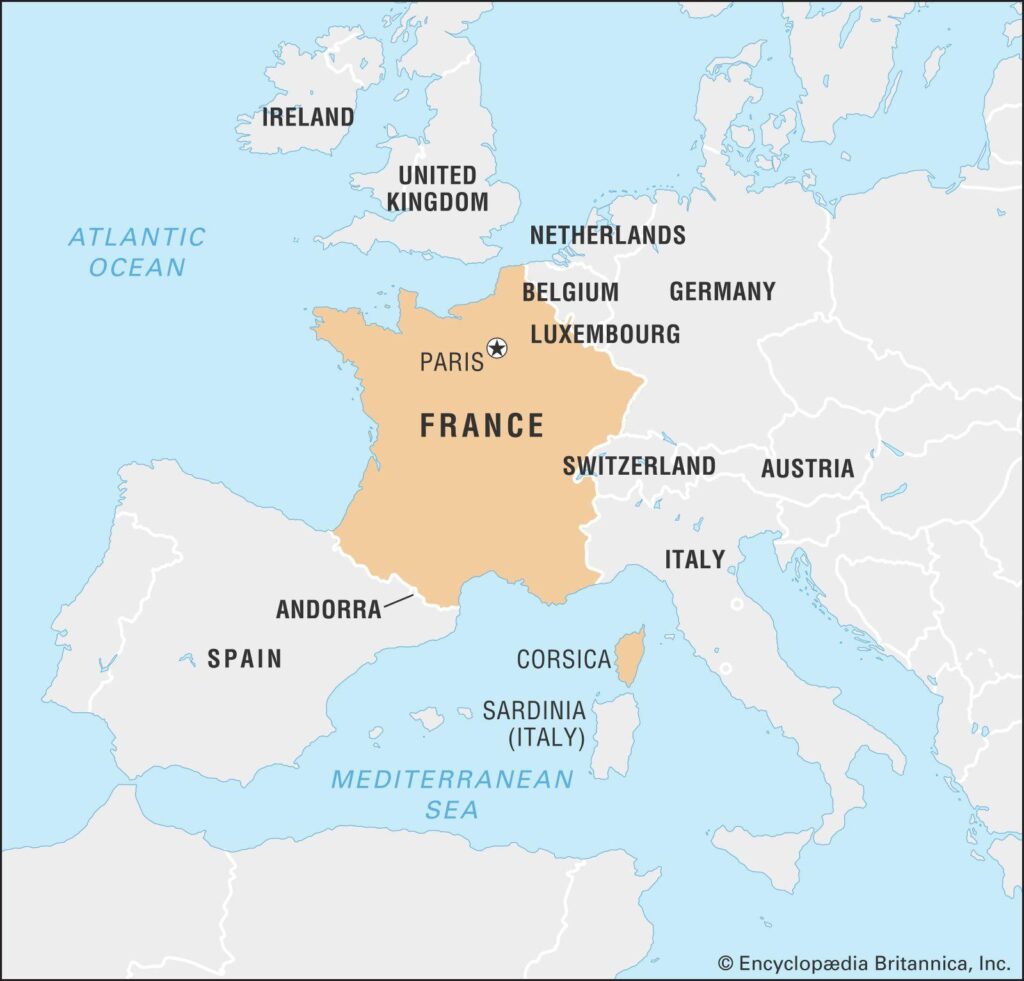France and Algeria at a Diplomatic Crossroads Amid Expulsion Dispute
Diplomatic relations between France and Algeria have entered a critical phase following Algeria’s refusal to comply with France’s request to expel several individuals identified as security threats. This refusal has intensified an already delicate relationship, rooted in a complex colonial history and ongoing political sensitivities. French authorities have underscored the necessity of collaboration to effectively tackle cross-border criminal activities and safeguard regional stability. The impasse signals potential shifts in diplomatic strategies, with Paris contemplating various responses that could redefine its engagement with Algiers.
The French government has voiced strong concerns over Algeria’s non-cooperation, emphasizing that such actions jeopardize years of diplomatic progress. Public opinion within France, alongside political leaders, increasingly demands decisive measures to address what is perceived as a challenge to national security interests.
Among the options being considered by the French Ministry of Foreign Affairs are:
- Issuing formal diplomatic protests directed at Algerian officials in Algiers
- Reevaluating existing bilateral agreements affecting trade flows and investment opportunities
- Enhancing strategic dialogues with other North African countries to bolster collective security efforts
| Challenge | Potential French Measures |
|---|---|
| Lack of Cooperation on Expulsions | Diplomatic démarches and possible sanctions targeting key sectors |
| Security Threats from Cross-Border Crime | Tightened collaboration with regional partners including Tunisia and Morocco |
| Bilateral Economic Ties Under Strain | A comprehensive review of trade agreements impacting both nations’ economies |
Consequences for Franco-Algerian Relations and Regional Security Dynamics
The rejection by Algeria marks a significant turning point that could alter the trajectory of Franco-Algerian relations—already marked by fluctuating cooperation due to historical wounds, migration challenges, and divergent foreign policy priorities. This development exposes vulnerabilities within their partnership; Paris has signaled readiness for firm counteractions which might include economic restrictions or bolstered military alliances elsewhere in North Africa.
This dispute also reverberates beyond bilateral ties into broader Mediterranean geopolitics. Given Algeria’s pivotal role as one of Africa’s largest gas exporters—accounting for approximately 10% of Europe’s natural gas imports—and its influence over migration routes into Europe, any deterioration risks destabilizing regional frameworks addressing terrorism prevention and refugee flows.
Main considerations for France moving forward include:
- Sustaining open channels for dialogue aimed at de-escalation;
- Cultivating stronger partnerships across Maghreb states;
- Navigating domestic pressures demanding enhanced national security without alienating key allies.
The balancing act will require nuanced diplomacy from Paris as it seeks both stability in North Africa and reassurance at home amid rising public concern about immigration-related issues.
Proposed Approaches to Defuse the Diplomatic Deadlock
Tackling this multifaceted crisis calls for strategic initiatives centered on communication enhancement. Establishing confidential negotiation channels can reduce public tensions while allowing frank exchanges between officials from both countries. Additionally, engaging impartial mediators—potentially from international organizations or trusted EU member states familiar with Algerian affairs—could facilitate constructive dialogue.[1]
Apart from diplomacy, targeted economic measures may be employed judiciously: selective sanctions focusing on sectors vital to Algeria’s economy (such as hydrocarbons or agriculture) could exert pressure without severing all ties. Concurrently, fostering joint ventures addressing shared concerns like counter-terrorism operations or climate resilience projects may rebuild trust through tangible cooperation.
This dual-track strategy combining calibrated pressure with collaborative initiatives offers a pragmatic path toward resolving tensions while preserving long-term partnership prospects between France and Algeria.
Looking Ahead: Navigating Future Challenges in Franco-Algerian Relations
The current discord between France and Algeria unfolds against an intricate backdrop shaped by historical legacies intertwined with contemporary geopolitical realities—including Europe’s evolving immigration landscape where over 3 million people arrived irregularly across Mediterranean routes last year alone.[2] As Paris asserts its stance on national security through expulsion policies met by Algerian resistance, both governments face critical decisions whose ramifications extend well beyond immediate diplomatic fallout.
The resolution—or escalation—of this dispute will significantly influence not only bilateral cooperation but also broader Mediterranean stability amid shifting alliances worldwide. Observers anticipate that forthcoming negotiations will test each country’s ability to reconcile past grievances while adapting strategies responsive to present-day challenges involving migration management, counter-terrorism efforts, energy supply chains, and economic interdependence.
